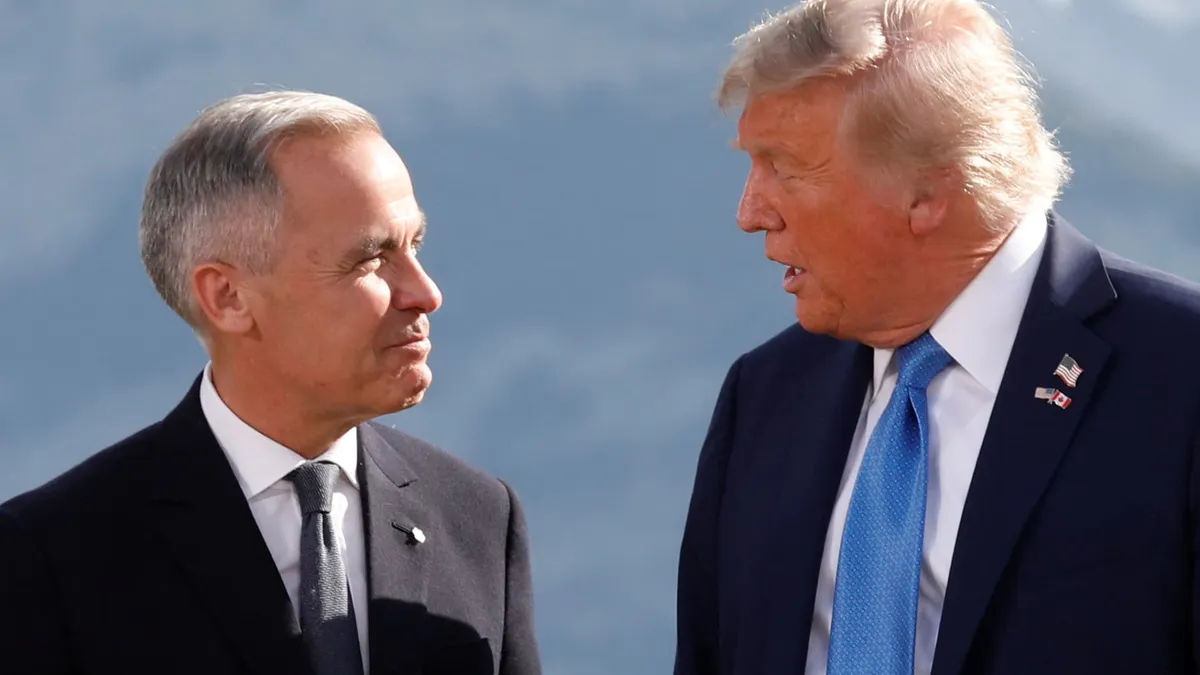
U.S. President Donald Trump made headlines on Thursday by announcing a significant 35% tariff on Canadian imports, set to take effect on August 1. The President cited Canada's decision to retaliate with its own tariffs as the primary reason for this drastic measure. In a letter to Canada's Prime Minister Mark Carney, shared on his platform Truth Social, Trump expressed his disappointment with Canada’s actions and emphasized the need for cooperation.
In his correspondence, Trump pointed to the ongoing issue of fentanyl trafficking as a critical factor influencing his decision. He stated, "If Canada works with me to stop the flow of fentanyl, we will, perhaps, consider an adjustment to this letter." This statement highlights the administration's focus on addressing drug trafficking while navigating complex trade relations.
Trump clarified that the newly imposed 35% tariffs would be distinct from existing sectoral tariffs. He warned that should Canada continue its retaliatory measures, the duty could be increased further. "If for any reason you decide to raise your Tariffs, then, whatever the number you choose to raise them by, will be added onto the 35% that we charge," he remarked, indicating a firm stance on the issue.
The President also noted that any goods transshipped to evade these tariffs would be subject to the higher duty rates outlined in his letter. Currently, Canadian imports are facing a 25% tariff, which Trump imposed earlier this year due to Canada's alleged involvement in the fentanyl crisis. However, there are exemptions for entities compliant with the United States-Mexico-Canada Agreement (USMCA), which aims to promote fair trade practices among the three nations.
Additionally, energy resources imported from Canada are subject to a lower 10% levy. This recent tariff announcement comes on the heels of an agreement reached between the two nations to resume trade talks on June 29, with the goal of finalizing an agreement by July 21. This information was confirmed in a statement from the Department of Finance Canada.
In the backdrop of these developments, Trump had previously threatened to halt all trade negotiations with Canada, one of the U.S.'s largest trading partners, after Ottawa announced it would not suspend its digital services tax on American companies. However, in a bid to reignite discussions, Canada later withdrew the proposed tax.
These unfolding events mark a pivotal moment in U.S.-Canada trade relations, as both countries navigate the complexities of tariffs, trade agreements, and pressing social issues like drug trafficking. How these tariffs will impact the economies of both nations remains to be seen.